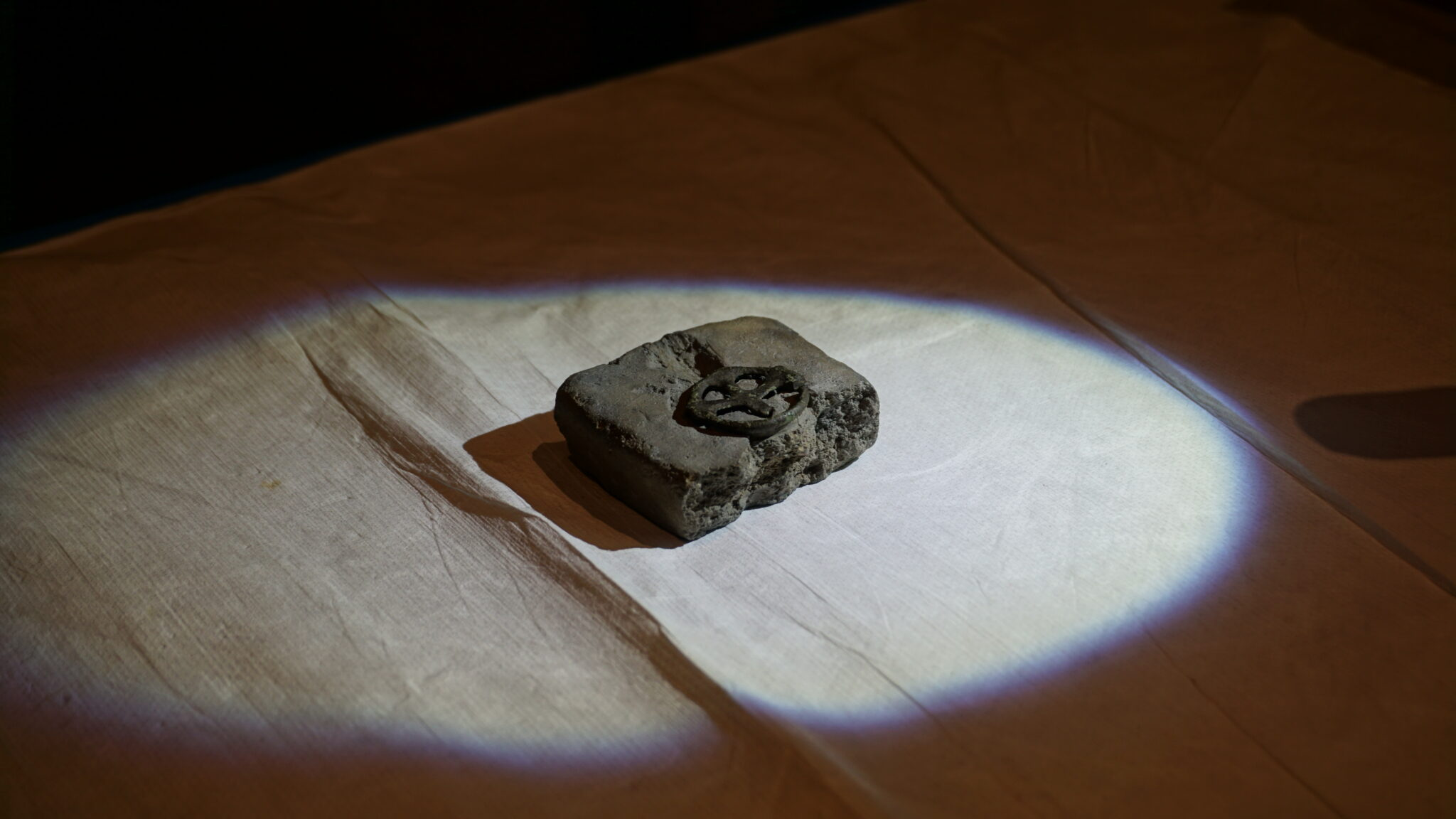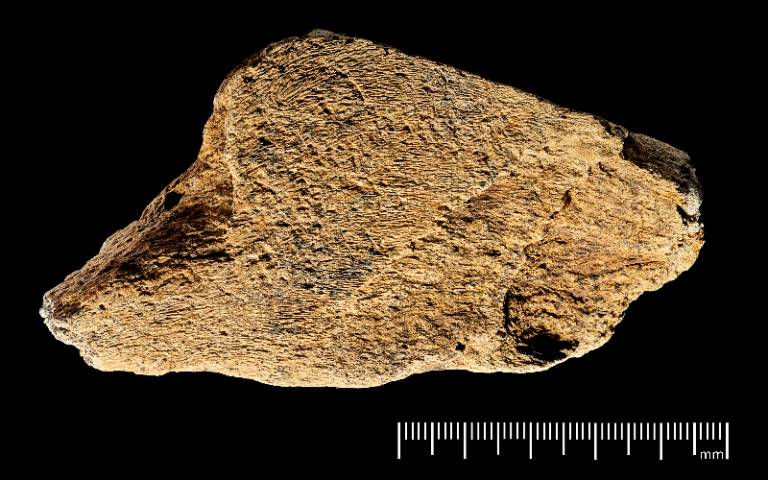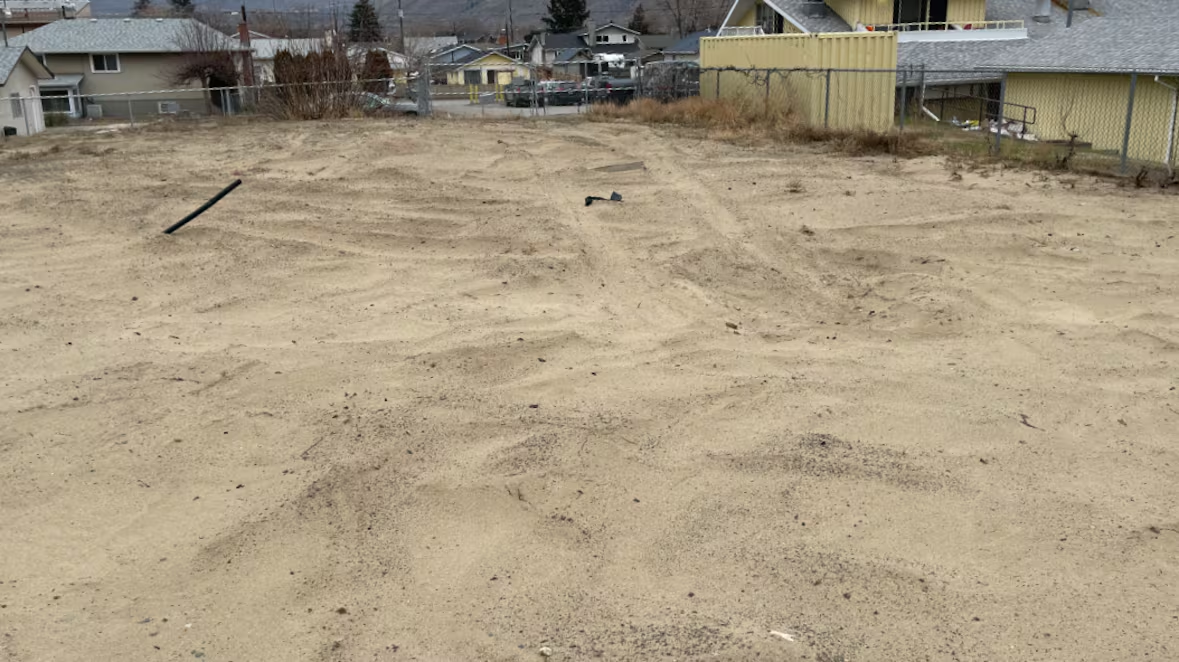Since the dawn of civilization, humans have gazed at the night sky in wonder, seeking to understand celestial movements and their significance. Ancient cultures such as the Babylonians, Greeks, and Mayans meticulously observed and recorded astronomical phenomena, laying the foundations for modern astronomy.
Babylonian Contributions to Astronomy
The Babylonians, renowned for their mathematical precision, developed one of the earliest known astronomical systems. By 1000 BCE, they had compiled detailed records of planetary movements, eclipses, and lunar cycles. Their sexagesimal (base-60) number system influenced timekeeping and remains integral to modern measurements of angles and time. Babylonian astronomers also created the first known star catalogs and predicted celestial events with remarkable accuracy.
Greek Advancements in Astronomy
Ancient Greek scholars expanded upon Babylonian knowledge, incorporating philosophical and mathematical frameworks. Figures like Ptolemy and Aristarchus proposed revolutionary models of the cosmos. Aristarchus of Samos suggested a heliocentric model, while Ptolemy’s Almagest dominated medieval European and Islamic astronomy with its geocentric theory. Greek astronomers also improved observational techniques, developed early astrolabes, and refined the understanding of planetary motions.
The Mayan Astronomical Legacy
The Mayans, known for their advanced calendar systems, closely studied celestial bodies to align religious and agricultural events. They constructed observatories, such as El Caracol in Chichen Itza, to track the movements of the sun, moon, and Venus. The Dresden Codex, one of the few surviving Mayan manuscripts, contains intricate astronomical tables that demonstrate their sophisticated understanding of planetary cycles and eclipses.
Influence on Modern Astronomy
The meticulous observations and mathematical models developed by these ancient civilizations provided the groundwork for later scientific advancements. The Babylonians’ predictive methods, the Greeks’ geometric models, and the Mayans’ precise calendrical calculations continue to influence contemporary astronomical studies. Modern astronomy owes much to these early stargazers, whose legacy endures in the tools and theories still used today.
Conclusion The ancient pioneers of astronomy transformed celestial observation into a structured science. Their efforts not only shaped the understanding of the cosmos in their own time but also set the stage for future discoveries. As we continue to explore the universe, we build upon the knowledge and insights of these remarkable early astronomers.







